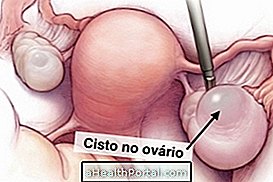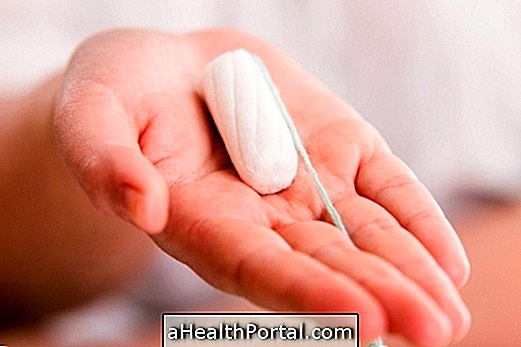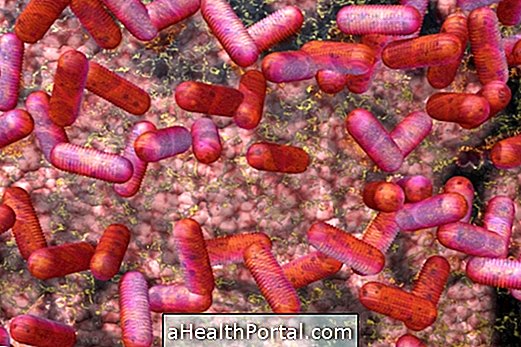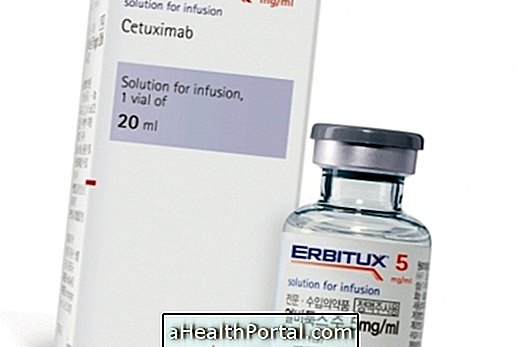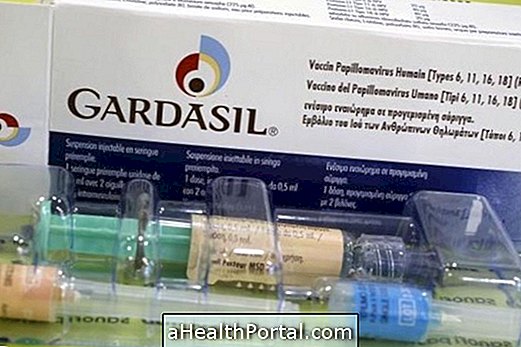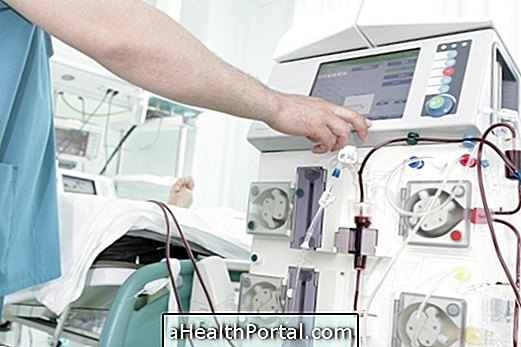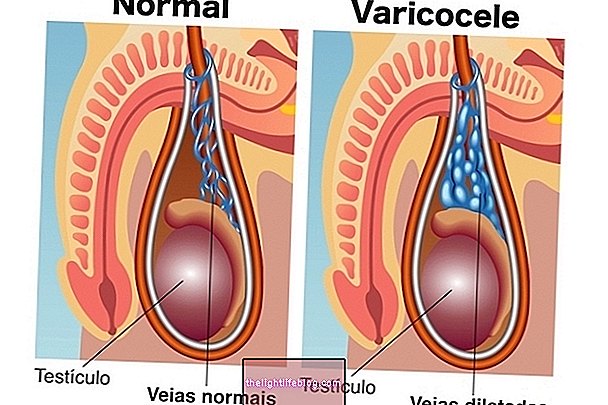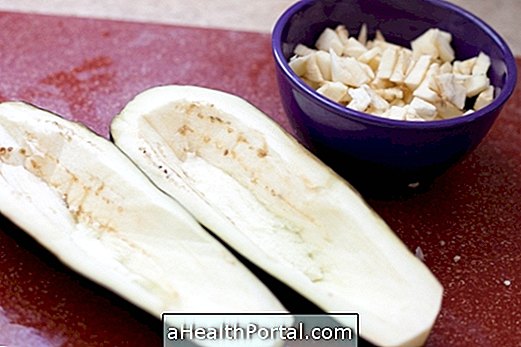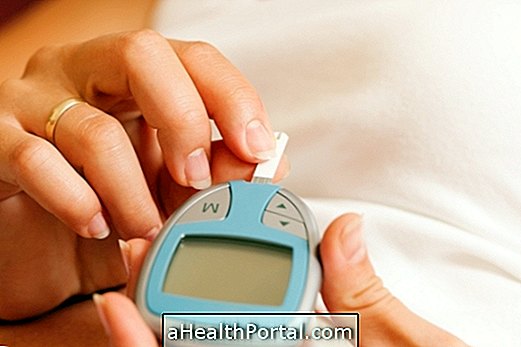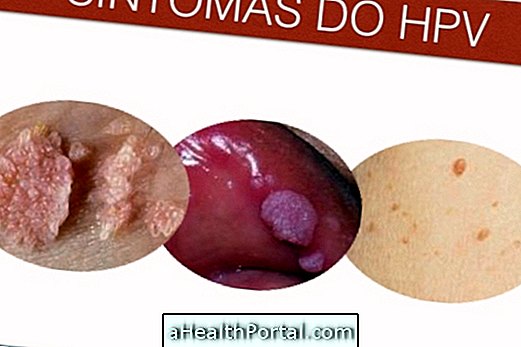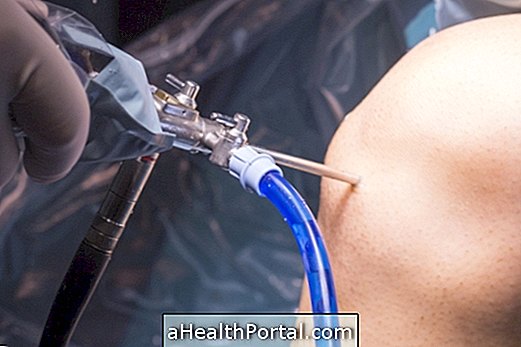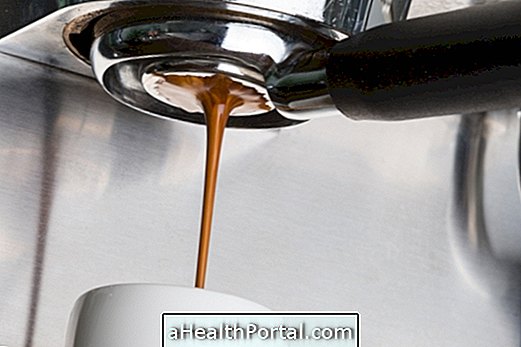Pain during intercourse is a very common symptom in the intimate life of several couples and is usually related to decreased libido, which can be caused by too much stress, use of some medications or conflicts in the relationship.
Here's how to increase desire: Homemade sexual stimulant.
However, pain during intimate contact may also be caused by some health problems, so if it happens frequently or prevents intercourse it is important to consult a gynecologist, in the case of the woman, or a urologist, in the case of the man, to identify the cause and initiate the appropriate treatment, in order to re-take pleasure during the relationship.
Another possible cause of pain during intimate contact is allergy to chlorine when you have sexual intercourse inside the jacuzzi, whirlpool or pool water. See: Why sexual intercourse is inadvisable.
What can decrease libido in the couple
One of the main causes of pain during intercourse is the decrease in libido which can affect both elements of the couple and which can be triggered by:
- Excessive stress: Stress and other negative emotions such as fear or embarrassment can prevent relaxation during intimate contact, making it difficult to arouse and causing pain during intercourse;
- Use of medication: Some antidepressants and medications for high blood pressure can reduce sexual desire and therefore affect libido, making intimate contact unpleasant. See a full list of medicines at: Medications that may decrease libido.
- Marital Problems: problems in a couple's relationship can make it difficult to arouse during intimate contact and cause pain during sexual intercourse.
In these cases it is advisable to consult a general practitioner to exchange medications that may be making intimate contact, if possible, or seek psychologist support to relieve excessive stress or find strategies to resolve the couple's conflicts.
5 Main causes of pain during sexual intercourse in women


1. Allergy
Some skin problems, such as contact dermatitis caused by the use of intimate soaps or lubricants, can lead to the appearance of wounds in the woman's intimate region, causing itching and pain during intercourse.
How to treat: avoid using products that may be irritating to the intimate area and consult a dermatologist or gynecologist to begin treatment appropriate for the problem.
2. Sexually transmitted disease
Vaginal infections such as candidiasis or trichomoniasis are one of the main causes of pain during intercourse. Usually, they may be accompanied by other symptoms such as vaginal itching, burning sensation in the intima or yellowish discharge.
How to treat: If a vaginal infection is suspected, it is advisable to consult a gynecologist to start treatment with antibiotics. In addition, the intimate region should be kept clean and dry, using broad cotton clothing and avoiding intimate contact without a condom.
3. Hormonal changes
The hormonal changes brought about by menopause or the use of hormone replacement drugs deregulate estrogen levels in the woman's body, decreasing the lubrication of the vagina and facilitating the onset of pain during intimate contact.
How to treat: Pain caused by lack of lubrication can be relieved by the use of intimate lubricants; however, it is important to consult your gynecologist if you have entered the menopause to initiate proper treatment and avoid other discomforts such as hot flashes or palpitations.
4. Dyspareunia or Vaginismus
Dyspareunia is the intense pain during intimate contact that even prevents intercourse, and vaginismus consists of the involuntary contraction of the vaginal muscles during intimate contact, which may even prevent penetration.
How to treat: You should consult a gynecologist to diagnose the problem and initiate appropriate treatment that may include muscle dilation techniques or Kegel exercises. Learn more about the problem in: Vaginismus and Causes and Treatment for Dyspareunia.
5. Postpartum
The postpartum period can be very uncomfortable for the woman, especially after a natural delivery due to injuries that may have arisen in the intimate region. In addition, postpartum bleeding can last for several weeks, making intimate contact uncomfortable.
How to treat: It is recommended to have sex again after 3 weeks postpartum because there is less risk of infection and bleeding is less, but the woman who must decide when she feels more comfortable to get back to have intimate contact.
In addition, another way to improve sexual intercourse is through the practice of Pompoarismo, a technique that improves and enhances sexual pleasure during intimate contact. Learn how to practice this technique using Thai marbles in Pompoarismo - The Gym that Improves Sexual Life.
5 Main causes of pain during sexual intercourse in men


1. Erectile dysfunction
Erectile dysfunction is a male sexual disorder that can cause the development of penile deformities in some men and can cause pain during penetration in both men and women.
How to treat: You should consult a urologist if there are problems related to erection, however, to improve the results it is recommended to make a diet low in fats, sugar and alcohol, as they are substances that can make the problem worse.
2. Finish
Phimosis consists of the difficulty of exposing the glans penis when the skin covering it does not have sufficient opening, causing intense pain during intercourse. This problem usually tends to disappear until puberty but can remain until adulthood.
How to treat: It is recommended to consult a urologist to evaluate the problem and do a minor surgery to remove excess skin on the penis. Learn how it is made in: Surgery for phimosis.
3. Urinary tract infections
Although they are more common in women, urinary tract infections when they appear in men are a major cause of pain during intimate contact, accompanied by other symptoms such as itching of the penis, burning during urination or yellowing of the skin.
How to treat: You should consult a urologist to start the appropriate treatment with antibiotics. In addition, good hygiene of the intimate region should be maintained, drinking plenty of fluids and avoiding intimate contact without a condom.
4. Inflammation of the prostate
Inflammation of the prostate is a common problem that can occur during the life of the man and, in addition to causing pain during intimate contact, especially when ejaculating, can also cause burning while urinating. See other symptoms: Prostatitis.
How to treat: It is advised to consult the urologist to start treatment with antibiotics. However, during treatment a good tip is to take a warm bath or do a sitz bath to relieve pain during intercourse.
5. Sexually transmitted diseases
Sexually transmitted diseases, especially genital herpes and gonorrhea, can cause acute pain during sexual intercourse and other symptoms such as spots on the penis, discharge from the urethra and redness.
How to treat: You should go to the urologist to correctly identify the problem and start the appropriate treatment. Also, it is important to avoid any kind of sexual contact, even with a condom.
An example of a sexually transmitted disease that causes pain when urinating and during intimate contact is infection with the bacterium Mycoplasma genitalium .



